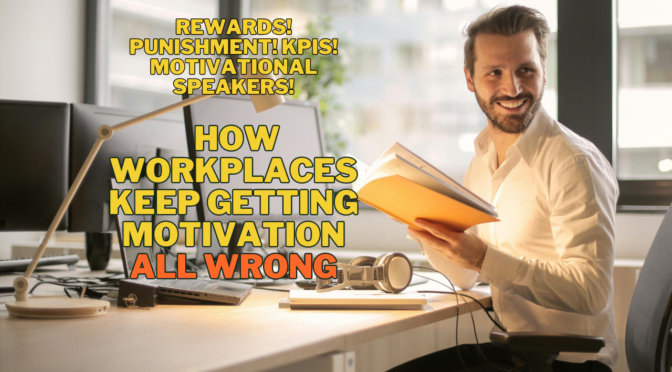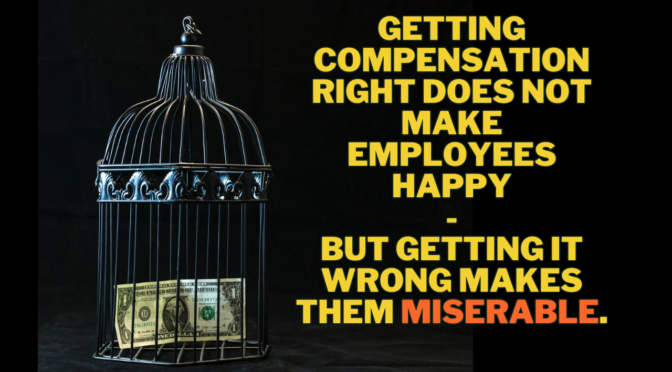
How do you uncover a person’s true character in a job interview? When people know they’re being evaluated, they of course put on their best behavior and play nice. But are they really? You can ask them what they’re like, but will they tell the truth?
Here’s a fun way to uncover an applicant’s character that I found in a comment thread over on reddit.com. It involves a serious game of Jenga:
Where I work, we do our best to weed out the unhappy and cynical employees before they even get hired. Coworkers who are constantly cynical and unhappy are absolutely terrible for morale, and we do whatever we can to avoid it both before and after hiring.
After each candidate goes through his/her well-rehearsed and pre-meditated interviews with HR and management, the entire engineering team (small company) comes into the room, closes the door, and starts a game of Jenga like it’s no big deal. Meanwhile, we strike up a casual conversation with the candidate and insist s/he play with us.
Without fail, the candidates true colors are almost immediately revealed. Candidate scoffs at the idea of playing a game in an interview? Obviously too uptight for our group and not capable of handling rapidly changing situations. Focusing on Jenga also takes the candidate’s mind off of all of the pre-meditated answers and pages of ‘interview tips’ articles that we’ve all read at one point or another. The trick is to treat the game of Jenga like it’s serious business so the candidate follows suit and forgets about the formalities of the interview and whatever persona s/he is trying to craft for the interviewers. If the person can discuss intense technical topics without breaking a sweat while playing Jenga, then s/he likely knows the subject matter pretty well.
Works every time. We end up with engineers who get along, think on their feet, are laid back, and known their stuff.
I like it. It reminds me of this great story from Hal Rosenbluth’s book The Customer Comes Second:
CEO Hal Rosenbluth was once about to hire an executive with all the right skills, the right personality and the perfect CV. His interviews went swimmingly and he’d said all the right things, but something about him still made Rosenbluth nervous, though he couldn’t put his finger on just what it was.
His solution was brilliant: He invited the applicant to a company softball game, and here he showed his true colors. He was competitive to the point of being manic. He abused and yelled at both the opponents and his own team. He cursed the referees and kicked up dirt like a major league player.
And he did not get the job.
I absolutely agree that no workplace should tolerate jerks and the best time to weed them out is before they’re ever hired. Playing games is just one way to make people forget themselves enough to show who they really are.
Your take
What do you think? Does your workplace do something similar? Have you tried something like this in a job interview?



 I got this question from Mark in a comment and I would love to hear your take:
I got this question from Mark in a comment and I would love to hear your take:







